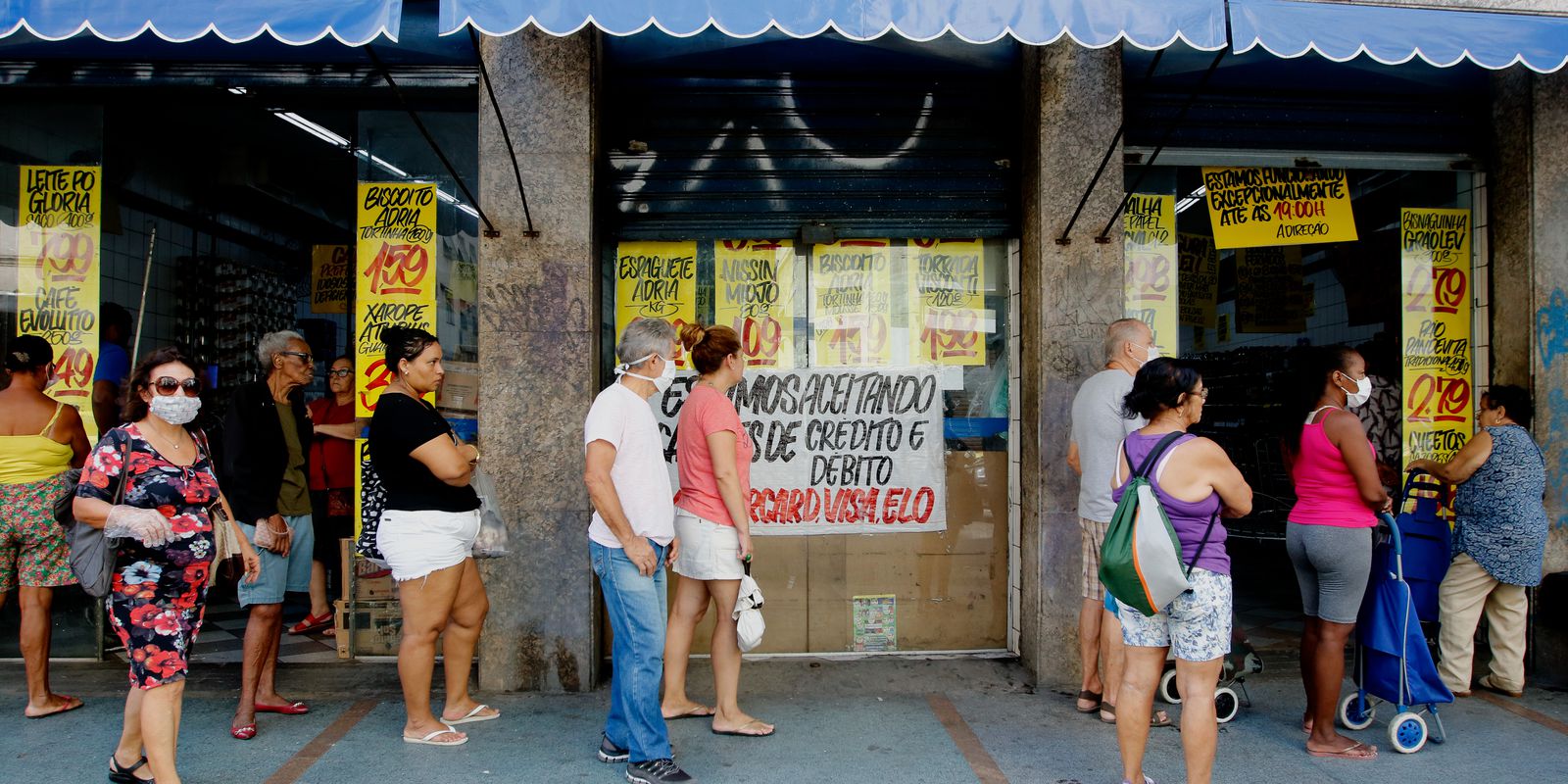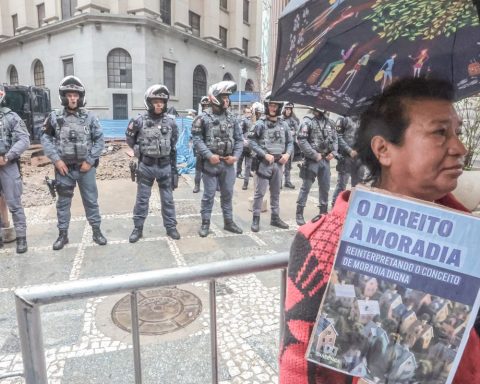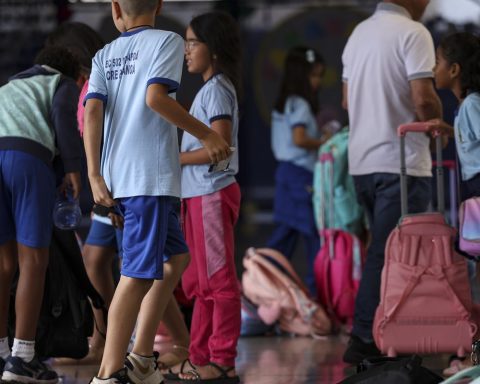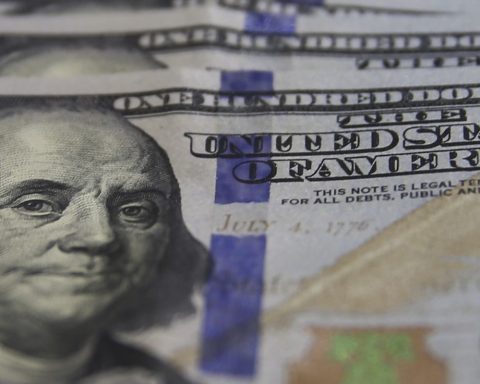A study released today (10) by the Institute of Applied Economic Research (Ipea) shows that the average real income of Brazilians fell by 8.7% in the first quarter of 2022, that is, between January and March, compared to the first quarter of 2022. 2021, reaching a value of BRL 2,548. 
According to Ipea, this drop had a greater impact on higher-income households, which meant that, in the first three months of 2022, there was a reduction in inequality, compared to the same period in 2021. The study data show that households The highest-income groups had a 3.98% drop in their usual income, while the low-income group had a 1.17% drop.
According to Ipea, the greatest reduction in income among those with higher incomes is due to the fall in the income of workers in the public sector. Employees with a formal contract in the private sector, without a formal contract in the private sector and, above all, in the public sector found it difficult to negotiate salary increases throughout 2021, despite the recovery in economic activity growth observed in the year.
In the first quarter of 2022, household income from work in the high-income bracket was 28 times higher than that of the very low-income bracket, a figure lower than in the first quarter of 2021: which was 28.8.
In 2022, there was also an increase in the proportion of households with income from work. This, according to Ipea, is one of the consequences of the pandemic. In the first quarter of 2020, 22.35%, equivalent to just over one in five households in the country, had no income from work. This percentage increased to 28.55% in the same period in 2021, and in 2022 it reached 23.35%.
The regional cut indicates that effective income showed greater drops in the Southeast and South regions, with drops of 8.2% and 6.1% respectively. Regarding gender, women had a greater drop than men in actual and usual earnings. According to IPEA, these drops were 6.7% for women against 5.5% for men in effective income in the first quarter of 2022 and 8.7% for women against 8.3% for men in income. habitual.
The study also shows that, despite the drop in income in the first quarter of 2022 compared to the same quarter of 2021 is due, in part, to the return of less skilled workers to the labor market, both effective and usual income are still below from pre-pandemic levels, with income falling compared to the first quarters of 2019 and 2020.
Ipea considers effective income as what workers actually received for their work and habitual income as what they usually receive.
Lowest value since 2012
Today (10) the Brazilian Institute of Geography and Statistics (IBGE) also released the National Survey by Household Sample (Pnad) Continuous Income from all sources 2021. The IBGE survey shows that, in the second year of the pandemic, in 2021, the average income of Brazilians fell to the lowest level recorded since 2012. The average monthly real household income per capita in 2021 was R$ 1,353. In 2012, the first year of the survey’s historical series, this income was equivalent to R$ 1,417. In 2020, in the first year of the pandemic, it was R$ 1,454.
The IBGE survey considers not only income from work, but all income, including, for example, those from social programs such as emergency aid. The data refer to last year and do not, like Ipea, deal with 2022.

















